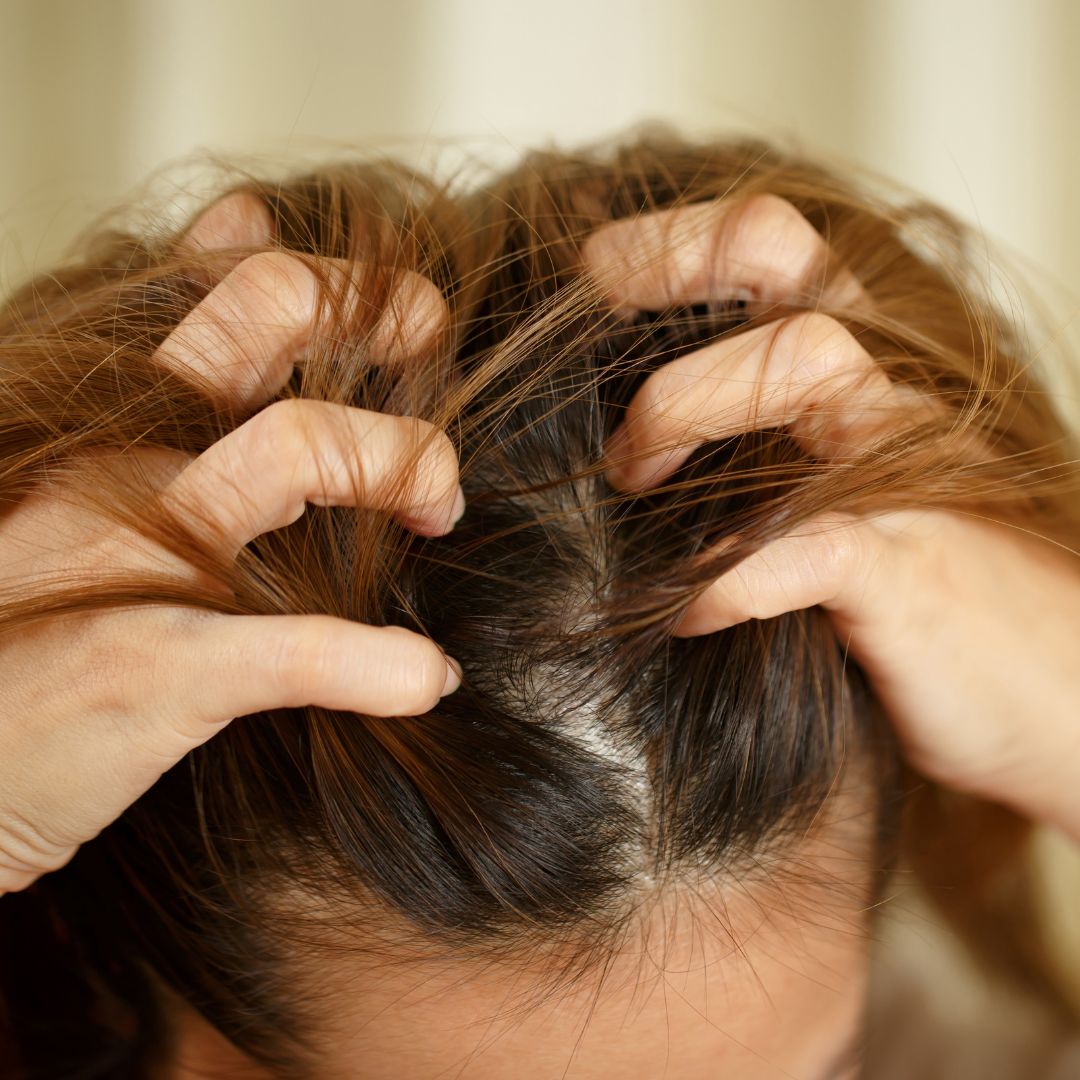For many Muslim women, wearing a hijab is an integral part of their faith. But did you know that if you wear a cotton cap, you may be at risk of bacterial growth? Cotton caps are often used for everyday wear, but there’s a lot more to consider when it comes to the health and safety of your hijab (and your hair, the crown you’re protecting in the first place!). Let’s dive into why cotton caps can become more harmful than helpful and how to prevent them.
The Danger of Cotton Caps
Cotton caps are comfortable and breathable, making them the perfect choice for everyday wear. Unfortunately, this breathability also makes them prime candidates for bacterial growth. Cotton is an absorbent material that traps bacteria in its fibers and doesn’t let it go easily. This means that every time you wear a cotton cap, you’re at risk of introducing new bacteria into your skin or hair follicles which can lead to irritation, an itchy or smelly scalp, or even infection over time.

The good news is, by switching to silk hijab caps, you can still get the breathability and comfort of cotton without risking the growth of bacteria. Silk fabric is much more resistant to bacterial growth since it resists moisture. Plus, silk fabric is non-allergenic, which means less irritation on your skin or scalp. And if you want extra protection for your hairline and your scalp's natural oils, silk caps with comfortable silicone edges keep your silky strands safe and your hairline intact.
When choosing your hijab cap fabric, it’s important to think about more than just comfort and style – safety should come first! While cotton caps offer great comfort and flexibility, they can put you at risk for bacterial infections due to their absorbent nature. Switching to silk caps eliminates this risk and provides better protection from allergens and moisture absorption in general. With so many benefits, silk caps are quickly becoming the go-to choice for Muslim women everywhere!
Common Scalp Conditions Caused by Cotton Caps
The most common scalp conditions caused by wearing cotton caps are itchy scalps, dandruff, and even alopecia. These conditions can often be caused by an accumulation of oils, dirt, and sweat over time when you wear cotton caps. This build-up will cause irritation and dryness to your scalp, leading to itching, dandruff, or even bald patches.
Another condition related to wearing cotton caps is contact dermatitis. This occurs when the material used for the hijab is irritating against a person’s skin due to its rough texture or chemical makeup. If this happens, it’s important to immediately switch out for a different type of material for your hijab caps, such as silk or Tencel, as both materials have been known to be more gentle on the skin.
Avoiding Scalp Conditions
The best way to avoid these scalp conditions caused by cotton caps is to switch out your current cap with one made from a lighter material, like AJIRAH Silk Caps. These materials are known to be much softer on the skin while still providing coverage from the sun and wind, as a traditional hijab cap would do.
Protecting your most prized token of femininity should not come with an onslaught of dull, limp, dry hair and an oily, irritated scalp. Our long locks are to be carefully adorned and cared for beyond all else. To do this properly, especially when your Hijab is an everyday must, switching to a silk tubing, under scarf, or hijab like those made by us here at AJIRAH, is a must.
You take care of your spirit, we’ll take care of your scalp!


